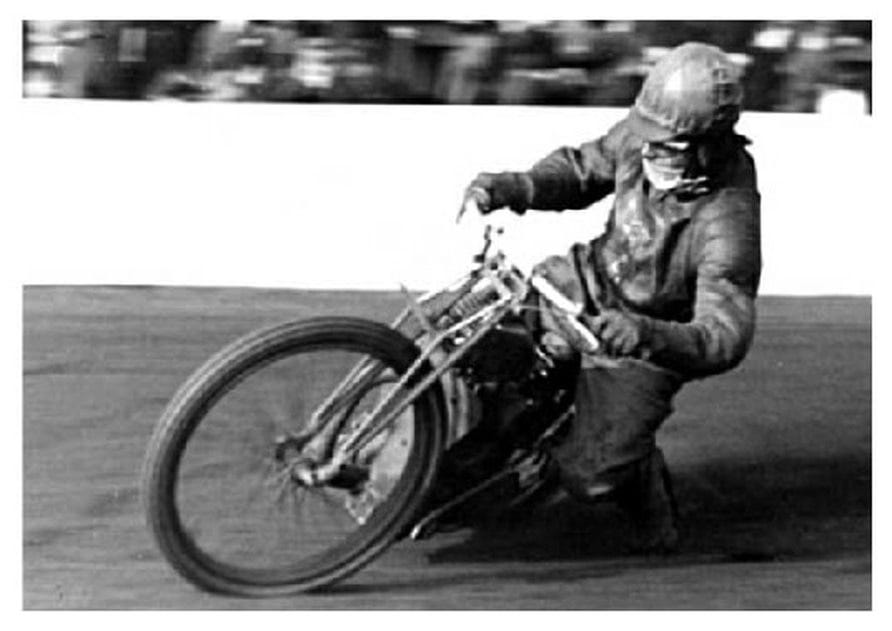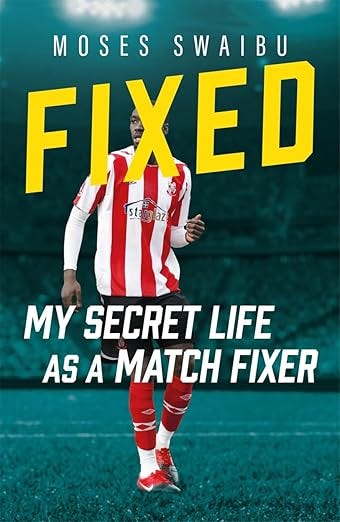
“Does anyone talk about The Season anymore? The social whirl of the Lord’s Test, Queen’s, Royal Ascot and then finally Wimbledon? I may have missed others…”
I replied to this Sport inc. reader’s enquiry by adding Henley Regatta to his list. I could as easily have thrown in Glastonbury too. Britain’s high summer social calendar has melted across social classes and its sporting content is for many of distant secondary importance to the experience of communality. Stand with your back to the crews on the river, linger over lunch at the tennis, ignore the music festival stages. The emotional drivers are the same.
Waiting for a heavily delayed change of trains at Reading late on Saturday night, we were informed that ‘unexpected cleaning’ was the cause of our frustration. When the connecting service pulled in, out spilled Ascot race-goers in all their top-hatted and fascinatored finery. No prizes for guessing what had necessitated that emergency clean. Evidence too that The Season is alive, if somewhat unwell after a hard day’s carousing.
The less important sport becomes to the essential purpose of heritage events, the lower their media profile and the commensurately harder it becomes to recover their perceived relevance. The Championships at Wimbledon and the centrepiece Lord’s Test each summer are Venn diagrams with healthily sizeable central overlaps between their circles of social occasion and high class sporting contest. Not so each of the other traditional events for seeing and being seen.
Social fashions shift with the years and decades. The exclusive cachet of some events has been diluted as they have been democratised, access having become easier for anyone whose wallet can extend to the fully loaded cost of a big day out. At the same time, others have become social fixtures, drawing crowds attracted to the occasion as much as - or more than - the sport. Think Silverstone’s British Grand Prix or, outside summer, darts at the Ally Pally.
The new Brad Pitt movie will be to F1 what Luke Littler is to darts, drawing in crowds of new adherents, many less bothered by the niceties of the sport but eager for the high of the live experience.
Nothing inherently wrong with this trend, but it does raise the stakes for organisers compelled to expand the breadth and quality of their event-day offerings, while striving not to alienate their core fanbases for whom the sport is the thing.
If you want the ultimate sporting festival experience, try the Goodwood Revival weekend of heritage motor racing each September. The duels on the track matter to the drivers, but for the crowds the look and feel that suffuses the occasion is what matters. Just check out the vast majority clad in period costume. A genius model that is entirely unreliant on securing celebrity sporting talent - one of the biggest financial drains for conventional events.
The shape of The Season in a decade or two’s time will depend in part on the ability of event owners to morph their offerings. A key question each faces will be whether to downgrade the significance of the sport at their core. For some, the Goodwood Revival will be their unashamed model. Others will find they fall between two stools, neither sustaining relevance to sports editors under pressure to cede ever more space to football, nor managing to create the glamorous allure essential to a must-have social experience.
From father to son
Sporting habits are driven as much by individual forces as collective ones. The original Sport inc. book was dedicated to my father John Warner, whose childhood identity was part shaped by his cycle speedway exploits with the self-styled Catford Tigers on London’s post-war bomb sites. I owe him a love of Crystal Palace and cricket, as well as countless hours watching other live sport, from boxing to athletics and speedway. No follower of fickle fashion, his sporting tastes remained unaltered through his 90 years, reaching his final finish line at the weekend. The last sport he watched on TV was Palace’s FA Cup final victory. Truly written in the stars.
Fixing a hole
I’ve just cantered through the most extraordinary sports book I’ve ever read. Dad, a sporting romantic, would have hated it. Fixed, by Moses Swaibu, tells the tale of systemic match fixing in English non-league football. If this was a serial drama on Apple TV you’d say it was too far-fetched to warrant sticking with. And yet it may all be true. Not the highest standard of writing, and often a confusing narrative, but a compelling page-tuner if, like me, you are interested in sport’s underbelly.
Swaibu was sentenced to 16 months in jail in 2015 for his part in a fixing ring that, he claims, had control over half of the teams in the Conference South and which amassed him a seven figure sum stashed in a cupboard in a Chinese restaurant in Dalston. At no point in Fixed does he address the obvious question ‘why?’ head on. You may choke at the royalty he will presumably earn from your purchase, but if your view of sport is in any way rose-tinted, I’d encourage you to take the reality check that reading it entails.
Moses Swaibu now heads GameChanger360, a ‘pioneering educational technology company dedicated to advancing integrity in sport’. gamechanger360.co.uk
Fleet feet
This evening in Paris Faith Kipyegon will attempt to be the first woman to break 4 minutes for the mile in a project mirroring Eliud Kipchoge’s sub 2 hour marathon in 2019. Male pacers and prototype shoes would invalidate anything under the current 4:07.64 official world record Kipyegon herself holds. Purists may quibble, but this is the sort of boundary-testing I applaud. It’s surely no coincidence that official marathon times have edged closer to 2 hours since Kipchoge’s meticulously choreographed run, athletes, coaches and shoe companies drawing lessons from his feat. The odds are against Kipyegon, but that’s all part of the fascination.
You can read more in RunnersWorld here






Condolences for the loss of your dad, but as you say, a good innings, he taught you well about sport and he got to see Wembley shake. Marvellous.
Loving the speedway reference too. I still watch live up here in Edinburgh but the sport is just hanging on. Catford was just for the dogs when I lived in South London in the late 80s but I enjoyed Wimbledon, Hackney and Arena Essex (and The Eagles).
Thanks for the interesting articles - keep them coming.
Love the article ...so many other could be added to the Summer Season... Sport Aid is one that could be up there now, yes its new but its making a huge impact on and off the field, £15M raised this past weekend and bringing the world of professional sport and entertainment together.
Sorry for your loss Ed, but it sounds like you dad had a great innings. I actually went to my first speedway event two weeks ago, its an amazing sleeping giant of a sport. Here is a clip of the final race on the night
https://www.youtube.com/watch?v=trIQggTR1tU